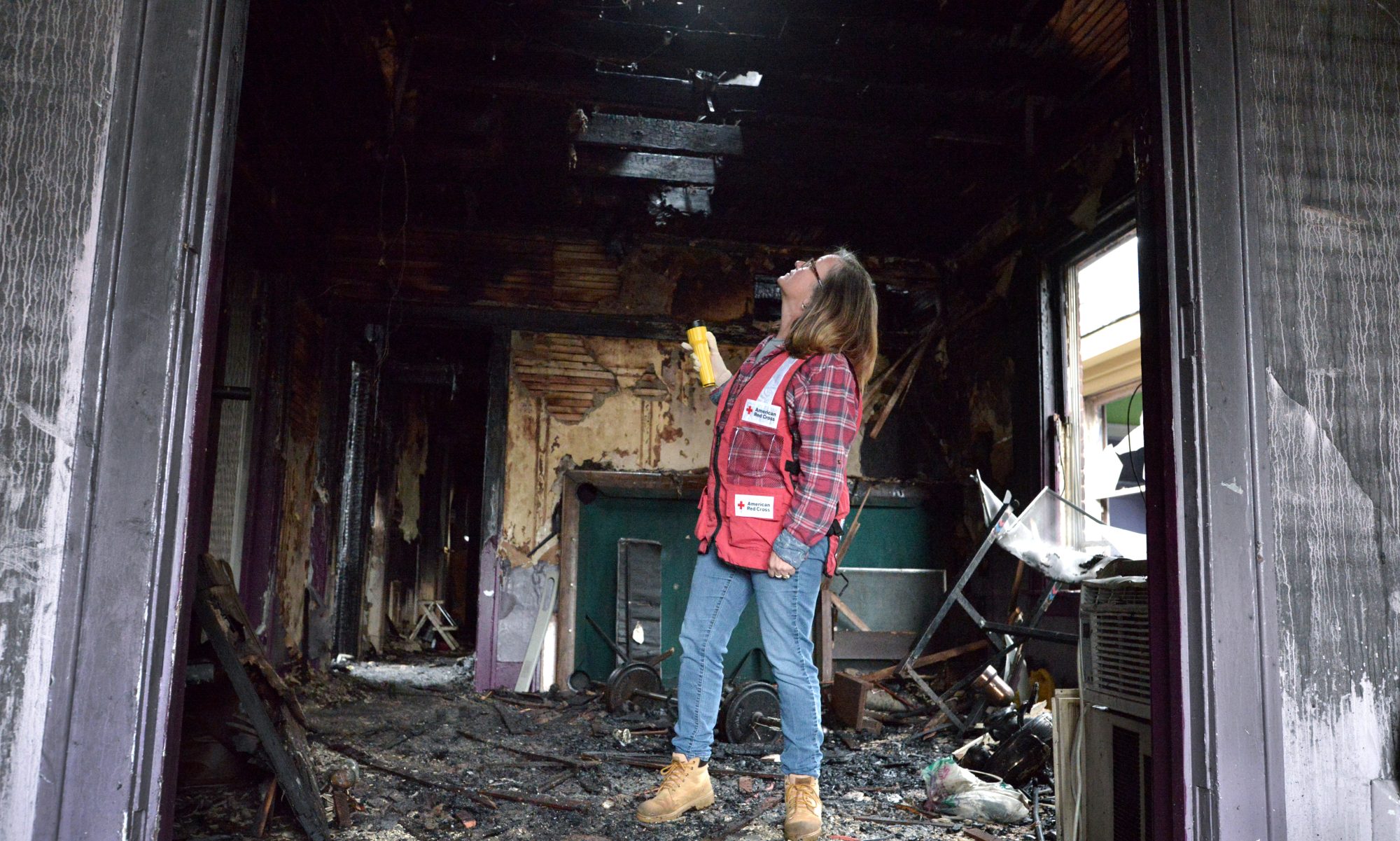On a recent morning, Maurice Dortch smoothly glided across the wooden floor, occasionally flashing a 100-watt smile, as the rhythmic beats of music played overhead at a popular indoor roller skating facility in Detroit. It doesn’t take long for one to notice his passion for skating.
Beneath that passion, however, is the constant reminder that living with sickle cell disease can upend his quality of life at a moment’s notice. A pain crisis associated with sickle cell can be debilitating, rendering skating and even walking a moot point.

Thankfully, Dortch has found that receiving a blood transfusion every month helps to manage the disease and maintain his quality of life.
“I feel like the blood transfusions are helping me to stay alive,” said Dortch, who belongs to an international skate club. “If it wasn’t for people who are donating and the Red Cross providing blood drives, I probably wouldn’t be here.”
Blood transfusions provide a lifesaving treatment for patients during a sickle cell crisis by increasing the number of normal red blood cells in the body, which help to deliver oxygen throughout the body and unblock blood vessels.
Sickle cell disease, the most common genetic blood disorders in the United States, causes red blood cells to be hard and crescent-shaped instead of soft and round. As a result, blood has difficulty flowing smoothly and carrying oxygen to the rest of the body, which may lead to severe pain, tissue and organ damage, anemia, and even strokes.
According to the CDC, about 100,000 people are living with the disease, most of whom are of African descent. More specifically, sickle cell disease occurs in about 1 in every 365 Black or African American births.
In 2021, the Red Cross launched a Sickle Cell Initiative to inspire support for patients living with sickle cell and increase the number of African American blood donors. To date, the initiative has boosted the number of first-time African American blood donors to more than 45,000, nearly doubling the number of new donors and essentially reversing the trend of declining donors overall for this group.
In addition, more than 138,000 sickle cell trait screenings have been provided to donors who self-identified as African American as part of the initiative. Most recently, the Red Cross has expanded the screening to include those who self-identify as multiracial.
Diagnosed at age 2, Dortch has become a sickle cell warrior in recent years, supporting others who are living with sickle cell and advocating for more people to donate lifesaving blood. He helped recruit donors for a Red Cross sickle cell drive on Wednesday, June 19, which coincides with World Sickle Cell Day.
Dortch said receiving regular blood transfusions has kept him out of the hospital and averted any recent pain crises. He encouraged donors to roll up a sleeve and help hospitals maintain their blood supply for those who need it most.
“This is helping sickle cell patients get back to a life of normalcy,” he said.
By David Olejarz, regional communications director
